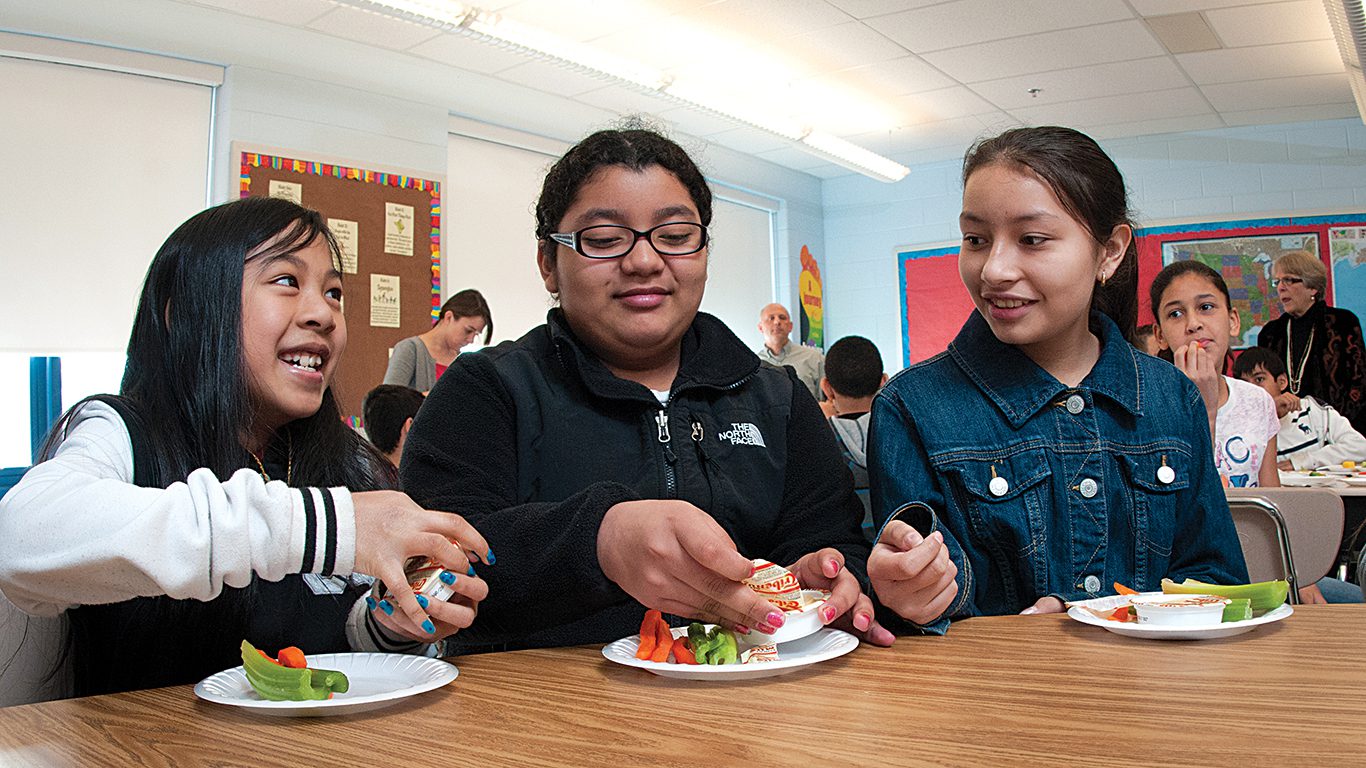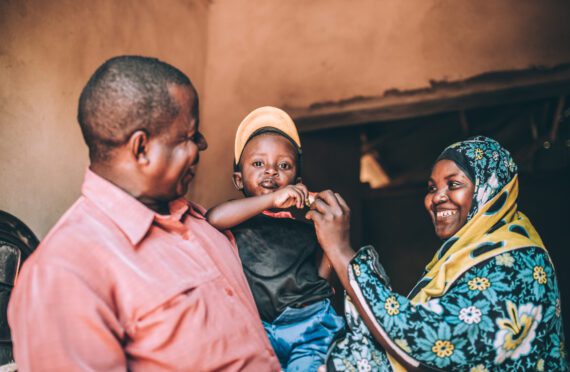By Rev. Daniel A. Lizarraga
Texas has a hunger problem. Known for wide-open spaces and a fierce independence, it may be surprising to learn that the Lone Star State ranks as the 9th hungriest state in the country.
In the southwest area of the state, Republican Will Hurd and Democrat Pete Gallego are facing off in a competitive race to represent the 23rd U.S. House District. The winner will have the opportunity to turn a hunger problem into a hunger solution if he makes ending hunger a top priority.
Across the country, Bread teams have been reaching out to congressional candidates and giving them the chance to tell voters how they plan to end hunger and poverty. In a district where nearly a quarter of all children live in households with income below the poverty line ($24,250 for a family of four), urging candidates to talk about hunger is not only appropriate, it’s necessary.
We organized a candidate forum on Oct. 10 with our local partners to find out where Hurd and Gallego stood on hunger issues. With Communities Organized for Public Service (C.O.P.S.) and the Metro Alliance we sent invitations to both candidates. Only Gallego accepted the invitation to the event at Our Lady of Guadalupe Church in Helotes, Texas.
During the pubic event, Gallego was asked how he would address issues of immigration reform, criminal justice reform, and if he would invest in job training, and support child nutrition programs. The 115th Congress will likely impact policies around each of these hunger issues next year.
District 23, which borders Mexico, is home to a majority Latino population. Racial discrimination, gender discrimination, and discrimination on the basis of immigration status often put Latino families at a higher risk of hunger and poverty. To end hunger in the region, root causes will need special attention by their representative in Congress.
Living out our faithful call to make hunger and poverty history drives Bread members in Texas and across the nation to reach out to current and future lawmakers and educate them on hunger issues. Not only are we talking to candidates now, but we are asking them to commit to meeting again if they are elected. Gallego made the commitment to meet with us after the election. We still hope to meet with Hurd and ask him for a similar commitment.
An election is the perfect opportunity to build relationships with future officeholders. Once they begin spending the majority of their time in Washington, D.C., the member of Congress who prioritizes ending hunger will need a direct line to the people and organizations working on the front lines of hunger.
Faith communities are particularly well suited to provide stories and connect lawmakers to their most vulnerable constituents. Government can’t end hunger by itself, but the leaders we elect next month can provide the framework in which states, local communities, churches, business and families can work together to end hunger.
Voting to end hunger doesn’t end when we turn in our ballots on Nov. 8. It’s not about partisan politics either. Elect leaders who you think will best represent and work for God’s vision of a world without hunger and then keep working with them to make it happen. Together we can turn problems into solutions.
Learn more about Bread’s I Vote to End Hunger campaign and then get involved to ensure that our next president and Congress make ending hunger a priority.
Rev. Daniel A. Lizarraga is a regional organizer at Bread for the World.



